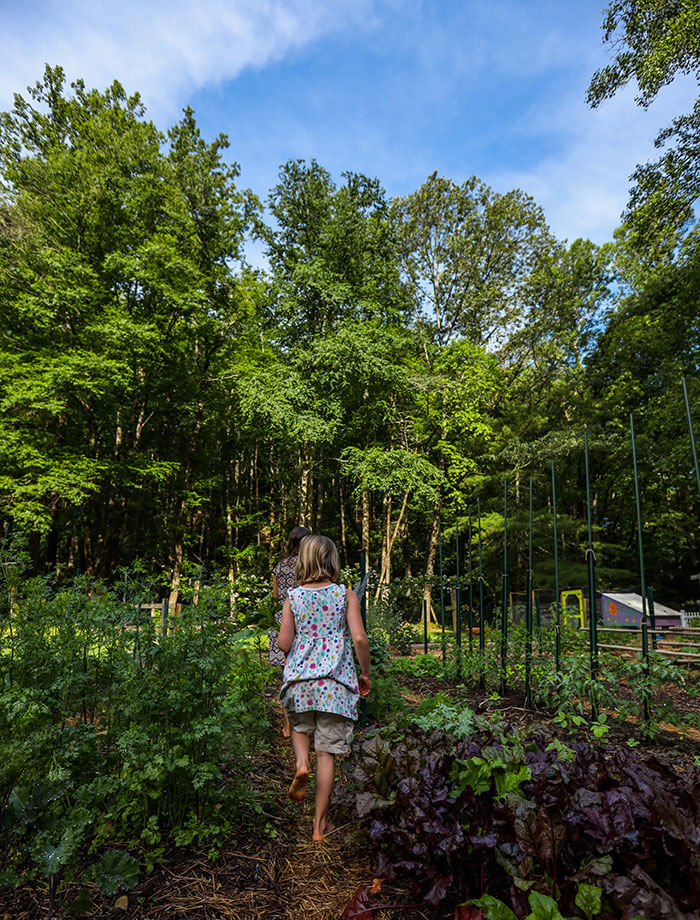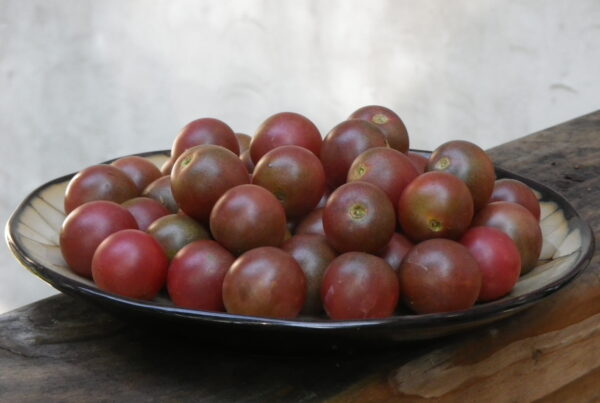By Mark Schonbeck, VABF Policy Liason
Take Action
A Farm Bill for All Farmers: Conservation not Consolidation
To all who responded to last week’s Call to Action on the Farm Bill and contacted your Members of Congress, a big Thank You!
If you did not have time to take action last week and would still like to provide your input, call your Representative (find their DC phone number on their website) and our Senators Tim Kaine (202-224-4024) and Mark Warner (202-224-2023) and deliver the following message:
The next Farm Bill must:
- Keep the Inflation Reduction Act (IRA) conservation funding in conservation programs to support truly climate-smart practices.
- Not pump additional billions into commodity crop subsidies.
- Reform the farm safety net programs through the Assisting Family Farmers Through Insurance Reform Measures (AFFIRM) Act, HR 1995, and the Farm Program Integrity Act (S.2610), which would close loopholes in commodity program payment limits.
Click here for more information on this action.
Expanding Access to Local Foods Act of 2024
On March 19, Senator Jack Reed (D-RI) and 12 co-sponsors introduced the Expanding Access to Local Foods Act (sometimes called the “EAT Local Foods Act) and was joined by 12 co-sponsors. This bill would sustain the USDA’s Local Food Purchase Assistance (LFPA) Program. Launched in 2021, the LFPA strategically leverages $900 million in funding for domestic food purchases to invest in local food systems and partnerships, address food insecurity, and create economic opportunities for local and underserved producers. Learn more about the EAT Local Foods Act and how it would make LFPA a regular part of Farm Bill programs.
Farm Bill Update
The House and Senate Agriculture Committees continue to work on their respective versions of the 2024 Farm Bill. When each committee issues its draft, we may have some very short-notice action alerts – if NSAC and its member groups spot anything wonderful that must stay in the final farm bill or anything counterproductive that must not be signed into law, there may be a call for action on short notice.
Watch for special announcements – this could happen anytime this spring or summer – or possibly not at all until after the election.
James River Buffer Program
Designs and installs riparian forest buffer at no cost to you
If your farm is located within the James River watershed and you would like to plant a forested buffer to protect water quality, provide wildlife habitat, and improve farm biodiversity, check out the James River Buffer Program. The James River Association, the Virginia Department of Forestry, and the Chesapeake Bay Foundation are working with farmers and landowners across the middle and upper James River watershed to restore or create forest buffers that improve the quality of local waterways. The program works with you to select tree species, plants the buffer, and provides maintenance for the first three years at no cost to you. Plantings can include income generating species such as sugar maple for syrup production.
Position open:
Climate Policy Specialist at National Sustainable Agriculture Coalition
Application deadline April 28
NSAC is seeking to fill its Climate Policy Specialist position. The Climate Policy Specialist will lead the Coalition’s climate change policy work at the intersection of sustainable agriculture and climate policy, scientific analysis, direct advocacy, and grassroots engagement. Part of the specialist’s work is to lead the Climate Change Subcommittee (CCSC.
Other NSAC News Stories and Blog Posts
Sustainable Agriculture Research and Education (SARE)
This program was launched 35 years ago with an authorization of $60 million per year. It has yet to receive all of that funding yet has accomplished a lot. Click here for more information.
Grazing Lands Conservation Initiative
Application deadline May 26
The USDA Natural Resources Conservation Service (NRCS) announced $22 million in funds available under the Grazing Lands Conservation Initiative (GLCI). This program funds cooperative agreements to support farmer training, technical assistance, and peer to peer learning in best grazing practices and conservation on grazing lands.
Farm Bill Baseline Explained
What is the Congressional Budget Office (CBO) and how does it influence funding for Farm Bill programs? Learn more at this NSAC blog on the topic.






